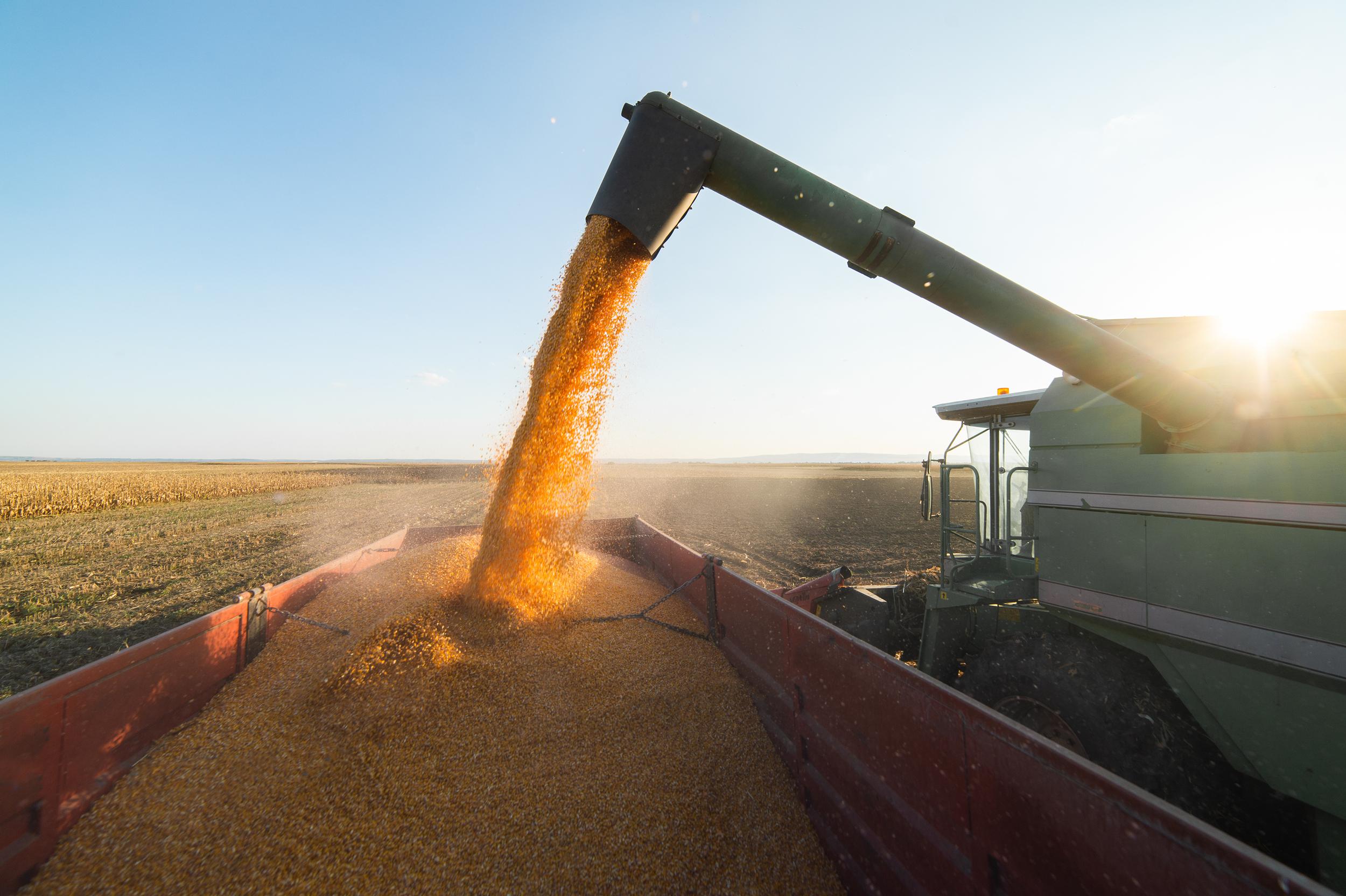
The Biggest Problem with Food Emissions
When we started to look at food emissions, a few things caught our eye.
· The world’s food systems account for over one-third of global greenhouse gas emissions.
This isn’t news to a lot of people. It’s accepted and understood.
· Net-zero pledges now cover 92% of GDP and 88% of emissions worldwide ... Halving emissions by 2030 must be the overarching priority for companies.
Pretty much everyone has signed up to Science Based Targets. There’s been a lot of work on Scope 1 and 2 emissions but not so much on Scope 3 which account for around 90% emissions in food businesses. When you drill down one more step:
· Half of all global food emissions (7.2bnT CO2e) originate from within the farm gate.
This raises some eyebrows. Changing to green energy supply or reducing/improving packaging are relatively straightforward – but for most food businesses, impacting around 90% of emissions at farm level is very challenging.
So we decided to speak to the other end of the supply chain and got hold of 346 UK farmers
· Around 30% of farmers have done a carbon footprint of their farm.
More in dairy, less in cereals. Of the remaining 70%, 75% would baseline if there was cash in it. It takes a lot of investment of time and resources to reduce emissions so that’s understandable, particularly in a world where farmers are operating on very low margins.
We spoke to some farmer organisations who represent around 7000 farmers in the UK. And then we spoke to some land owners and carbon consultancies too because we knew a system for making money from carbon already exists - so that’s sorted, isn’t it?
· Only around 3% of farmers are signed up to selling their carbon.
The carbon markets have had a lot of negative press which has impacted take up. Permanence, additionality, selling assets, sell now or hold and sell later, voluntary carbon market pricing, greenwashing… For farmers and food businesses, it’s not an easy area to navigate so we needed to find something that works for the other 97%.
For food and beverage businesses to hit 2030 targets, we need 100% of farmers to have done a carbon footprint AND to be reducing their emissions.
In very simple terms,
· There isn’t enough low carbon produce for food businesses to hit their targets.
Just one company (of many) that we spoke to requires 250,000 tonnes of a single crop to be carbon negative to hit their own 2030 targets. And they don’t want to pay extra. We don’t think this a realistic approach to reducing carbon emissions.
Agrasta’s approach is to develop a simple and fast way to incentivise ALL farmers to reduce their emissions without generating huge amounts of extra paperwork, that also gives food and beverage organisations a simple and fast way to organically reduce their footprint.
We connect food businesses who want to reduce their footprint with farmers of low carbon produce.
We know the 92% signed up to Science Based Targets will demand low carbon produce which is in low supply. Food businesses need to pay a premium.
Instead of complex carbon certificates, we take a very simple approach:
· A farm has a carbon footprint of 100T CO2e
· A farm produces 1000T wheat
· The wheat has a carbon intensity of 100T CO2e/1000T = 0.1T CO2e/T wheat
Carbon intensity is the number that a food business needs to calculate their footprint. It can be calculated per kg of meat or per litre of milk. The lower the carbon intensity, the higher the premium that a farmer can demand.
Agrasta uses the audit information that farmers are already undertaking so no additional paperwork. The carbon intensity updates with every new audit so it’s always current.
Agrasta accepts all audits. If the audit has been verified through soil carbon sampling or a third party or other measures, our algorithm will promote that produce to justify a higher premium but for now, just to have an audit is a positive step.
Agrasta accepts all carbon reduction measures. Different approaches work on different soils, different locations, different produce. Specifying particular regenag practices will limit potential availability and generate barriers for farmers to reduce their footprint.
We’ve been overwhelmed by the hordes of farmers, buying groups, consultancies, land owners, food and beverage businesses and many more who understand and welcome the Agrasta approach.
Join us today to help everyone reduce their emissions quickly and sustainably.
https://sciencebasedtargets.org/net-zero
Stay updated on our news and events!